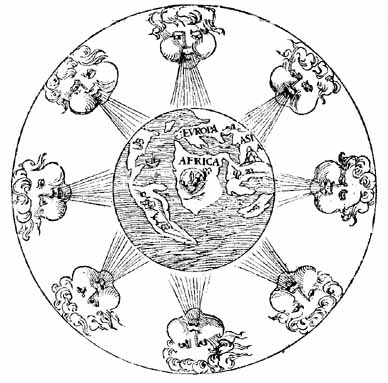The reform of the International System of units.
The reform of the International System of units.
Philosophical, historical and sociological perspectives
Special issue of the Journal for General Philosophy of Science
Guest editors: Nadine de Courtenay, Olivier Darrigol, Oliver Schlaudt
As it stands today, the International System of units (SI) rests on a heterogeneous set of definitions. The kilogram is defined in terms of a material artifact whilst the definition of other base units, such as the meter, are related to fundamental constants. A reform aiming at redefining all the SI base units on the model of the meter is now under way: the definitions will be based on certain laws of nature and a choice of fundamental constants whose values will be frozen after they have been measured with an uncertainty sufficiently small to allow the revision of the system without introducing inconsistencies.
The new system will come close to carrying out Planck’s idea of a « natural » system of units. It has now become possible to achieve this idea thanks to the theoretical developments of the 20th century and the discovery of quantum-based measurement principles that link the macroscopic to the microscopic world (laser interferometry, Josephson effect, quantum Hall effect). Measurement science will thus be put on a level with the theoretical and technical advancements of our time. However, a considerable amount of theoretical, experimental and institutional work has still to be carried at an international level before the reform can be implemented.
By bringing many difficulties and discussions in the metrological community, this enterprise lays bare the entanglement of the scientific, technological and social features that come into play in the development of knowledge. In addition to deep theoretical questions, the construction of the new SI involves normative activities governing the communicability and comparability of scientific results, and depends on a large number of interactions that are at one and the same time epistemic, material, and coordinated by institutions. The study of the SI reform seems thus to offer an opportunity to bridge the gulf that has divided philosophical, historical and sociological approaches of science during the last decades of the previous century.
A special issue of the Journal for General Philosophy of Science will be devoted to the construction of the new SI. The guest editors of this special issue call for contributions that will address philosophical, historical and social questions raised by the SI reform program. Historical studies dealing with previous constructions of systems of units are welcome as long as they shed light on the challenges of the ongoing reform.
A sample of the topics that could be addressed are:
- The logic of the construction of coherent system of units
- The nature of fundamental constants and their role in the new system
- The impact of new experimental setups linking the microscopic to the macroscopic
- Measurement uncertainty and the adjustment of the values of fundamental physical constants
- The construction of new international institutional spaces necessary for the implementation of the new SI
Manuscripts should :
- be formatted according to the guidelines of Journal for General Philosophy of Science (see below).
- contain an abstract of 100-150 words
- count 12.000 words max.
- be prepared for blind peer reviewing
- be sent to the guest editors: special.issue.si@gmail.com (mailto:special.issue.si@gmail.com)
Calendar:
March 2014: deadline for submissions
June 2014: peer reviews, decisions
September 2014: submission of final versions
Publication : 1/2015
Cf. also the journal's instructions for authors on :
http://www.springer.com/philosophy/epistemology+and+philosophy+of+scienc...

